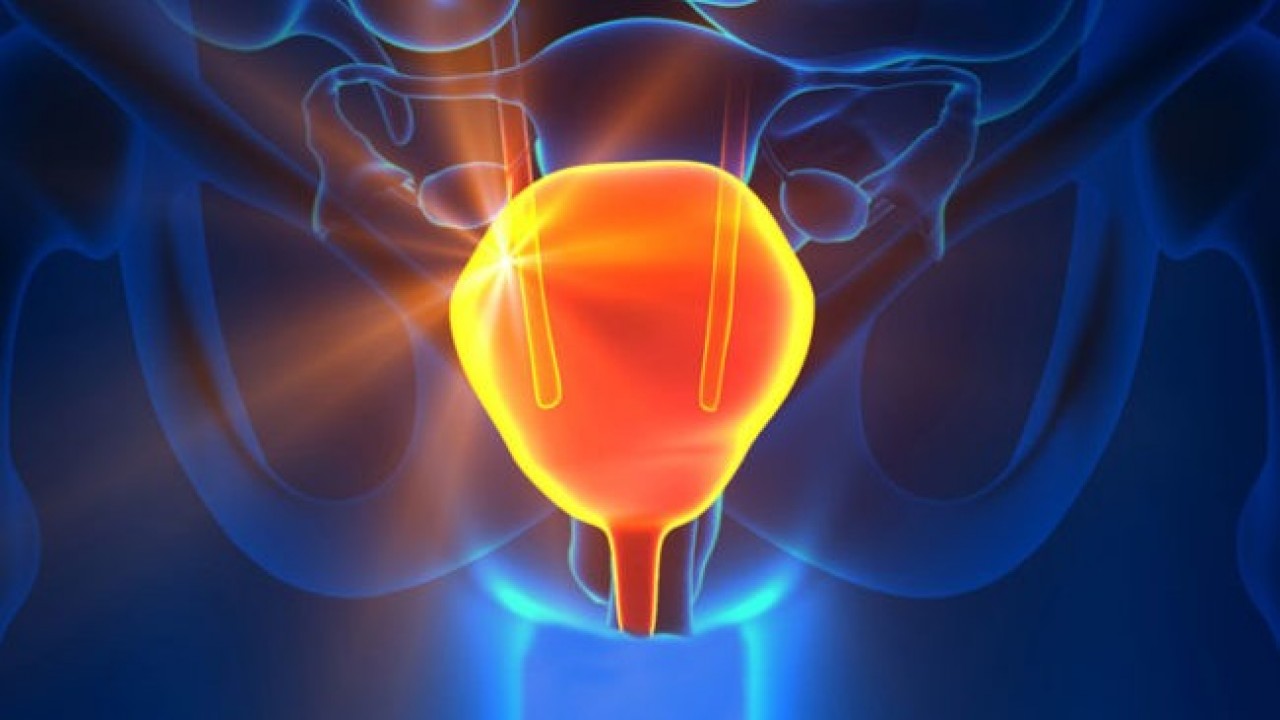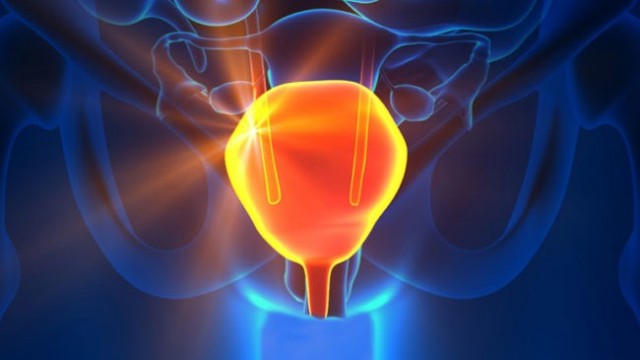
Work with your doctor to find the cause + treat it
There are different reasons you might have male urinary incontinence, ranging from surgical side effects to overactive bladder. Fortunately, several treatment options can help relieve it.
Incontinence happens when your bladder’s sphincter muscle is not strong enough to hold back the urine. It can also occur when your bladder muscles contract too strongly or your bladder gets too full before you void.
Incontinence common after prostate surgery
Research shows one of the most common causes of incontinence in men is a side effect of a prostatectomy, a surgical procedure that removes all or part of the prostate gland.
According to the Prostate Cancer Foundation, incontinence is the primary side effect of a prostatectomy, and roughly 25 percent of men report frequent leakage or no control and a need to use absorbent pads at six months after treatment. Fortunately, fewer than 10 percent of patients report using pads at all three years after surgery.
After a surgeon removes the entire gland — in a radical prostatectomy — surgery also can treat your incontinence through a procedure that implants a male sling or artificial urinary sphincter.
“Sometimes incontinence occurs after transurethral resection of the prostate, which is the removal of the inner part of the prostate for a benign disease,” says urologist Drogo Montague, MD, Director of Cleveland Clinic’s Center for Genitourinary Reconstruction.
“The treatment is the same, but the chance of incontinence after that lesser procedure is about half of 1 percent or 1 out of 200 men.”
Overactive bladder affects both men and women
Overactive bladder also causes urinary incontinence.
This condition affects both men and women and, while it can occur in younger ages, it’s usually associated with getting older.
“It’s a condition where the bladder contracts spontaneously, without the owner’s permission, so to speak,” Dr. Montague says. “People feel that they suddenly have to go very strongly, and if they don’t make it in time, they wet themselves.”
Overactive bladder is treated with medications known as anticholinergic drugs, such as oxybutynin or tolterodine. These drugs relieve symptoms by relaxing the muscles of the bladder.
“These medicines tend to make your mouth dry, but they help control your overactive bladder, even though they don’t cure it,” Dr. Montague says.
When they don’t work, he adds, the next line of treatment is botulinum toxin (Botox®) injections into the lining of the bladder. Botox also helps relax the bladder muscle.
Other causes and treatments
Neurologic conditions such as Parkinson’s disease, multiple sclerosis or a stroke can cause involuntary contractions of the bladder in men or women. Because of the underlying conditions, this type of incontinence is called neurologic bladder.
The treatments are similar to those for overactive bladder. However, some patients may also require intermittent self-catheterization.
Men can also suffer from overflow incontinence, when the bladder gets so full that it starts to leak.
“Sometimes an enlarged prostate can cause the bladder to not empty completely,” Dr. Montague says. “The patient is still voiding, but there’s residual urine left, and over a period of time, the amount left in the bladder gets so full that they start to have overflow.”
Doctors treat the underlying prostate enlargement with medicines or surgery.
“Incontinence can cause social limitations and become a big quality-of-life issue,” Dr. Montague says. “But it’s not something that you have to accept. In most cases, it can be treated.”

 Healthy habits help people sidestep clogged leg arteries
Healthy habits help people sidestep clogged leg arteries



